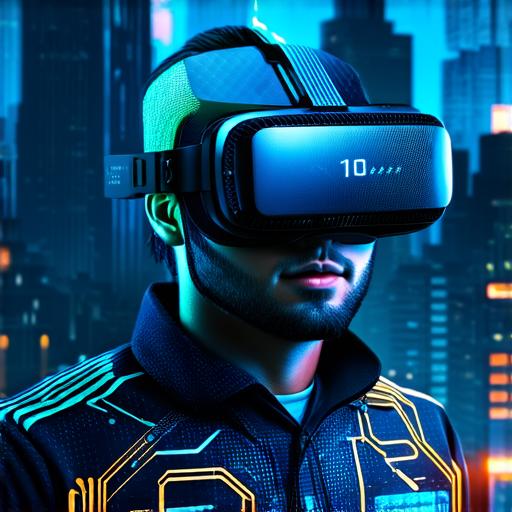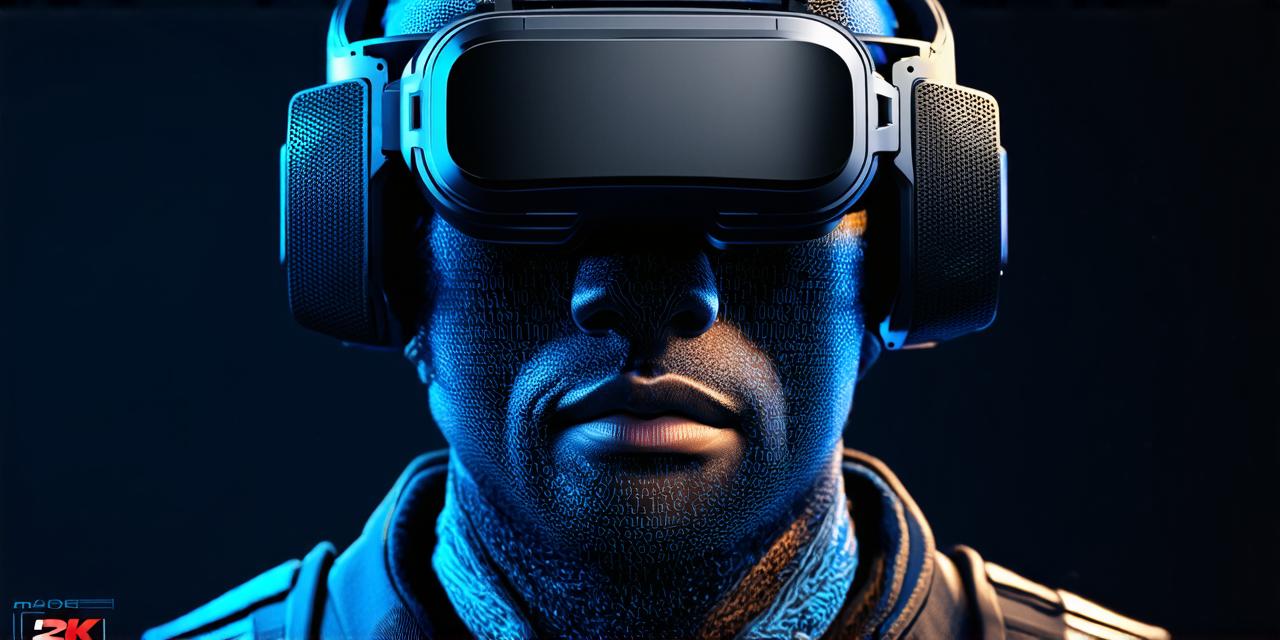As virtual reality technology continues to advance, more and more people are discovering new ways to use it in a variety of industries. From gaming to education to healthcare, VR is revolutionizing the way we interact with the world around us.
What is virtual reality?
Before we dive into the specific roles and responsibilities of VR developers, let’s first define what virtual reality is. In simple terms, virtual reality is a technology that creates an immersive, interactive experience in which a person feels like they are physically present in another environment, often with the help of a headset or other sensory devices.
What does a VR developer do?
A VR developer is responsible for creating and designing virtual reality experiences that are engaging, immersive, and interactive. This can involve a wide range of tasks, depending on the specific project and the goals of the client.
-
Conceptualizing and design: VR developers must be able to come up with innovative ideas for virtual reality experiences that will captivate and engage users. This involves understanding the target audience, identifying key features and mechanics, and creating a cohesive overall vision for the project.
-
Building and programming: Once the conceptualization and design phase is complete, VR developers must then build and program the actual virtual reality experience. This can involve using specialized software tools, such as Unity or Unreal Engine, to create 3D models, animations, and other assets that will be used in the final product.
-
Testing and debugging: Throughout the development process, VR developers must continually test and debug their creations to ensure that they are running smoothly and providing a seamless user experience. This can involve using specialized tools to identify and fix bugs and glitches, as well as conducting user testing to gather feedback and make improvements.
-
Collaboration: VR developers often work closely with other members of the development team, including artists, designers, and project managers, to ensure that the final product meets the needs and expectations of the client. This can involve regular communication and collaboration to share ideas, give and receive feedback, and make sure everyone is on the same page.
Skills and qualifications
To be a successful VR developer, you will need to have a combination of technical and creative skills. Some key qualifications and skills that are important for VR developers include:
-
Technical expertise: VR developers must have a strong understanding of the underlying technology that powers virtual reality experiences, including hardware and software tools, programming languages, and other technical concepts.
-
Creativity and design skills: In addition to technical expertise, VR developers must also have strong creative skills, including the ability to come up with innovative ideas, create compelling visuals, and design engaging user experiences.
-
Problem-solving and critical thinking: VR development can be a complex and challenging process, requiring problem-solving skills and the ability to think critically about design and user experience.
-
Collaborative mindset: VR developers must be able to work effectively with other members of the development team, including artists, designers, and project managers, to ensure that projects are completed on time and to the satisfaction of the client.
-
Communication skills: VR developers must be able to clearly communicate their ideas and plans to clients, stakeholders, and other team members, as well as provide constructive feedback and guidance throughout the development process.
Real-life examples
To give you a better idea of what it takes to be a successful VR developer, let’s take a look at some real-life examples of VR projects that have been developed by professionals in the field.
-
“Becoming” by Oculus: This groundbreaking VR experience was created by filmmaker Peter Jackson and tells the story of Barack Obama’s journey to the presidency. The experience uses a combination of live-action footage, 3D animation, and interactive elements to create an immersive and engaging experience that puts users in the shoes of Obama as he navigates key moments in his life and career.
-
“Anatomica” by Arcaid Studios: This educational VR experience uses realistic 3D models and interactive elements to teach users about the human body. The experience allows users to explore the different systems and functions of the body, from the circulatory system to the nervous system, and gain a deeper understanding of how they work together.
-
“Job Simulator” by Oculus: This popular VR game is designed to simulate everyday jobs, such as assembly line work or customer service, in a virtual environment. The experience uses realistic visuals and interactive elements to create an engaging and immersive learning experience that prepares users for real-life careers.
FAQs
Here are the answers to some frequently asked questions about VR development:
Q: What skills do I need to become a VR developer?
To be a successful VR developer, you will need strong technical and creative skills, as well as problem-solving and critical thinking abilities. You should also have excellent communication skills and the ability to work effectively with other members of the development team.
Q: What kind of projects do VR developers work on?
VR developers can work on a wide range of projects, including gaming, education, healthcare, real estate, and more. Some common VR projects include immersive experiences for museums and historical sites, interactive training simulations for military or emergency services, and virtual product prototypes for manufacturers and designers.

Q: How much does it cost to develop a VR project?
The cost of developing a VR project can vary widely depending on the complexity of the project, the number of team members involved, and the resources required to create the final product. On average, VR development projects can range from $50,000 to several million dollars.
